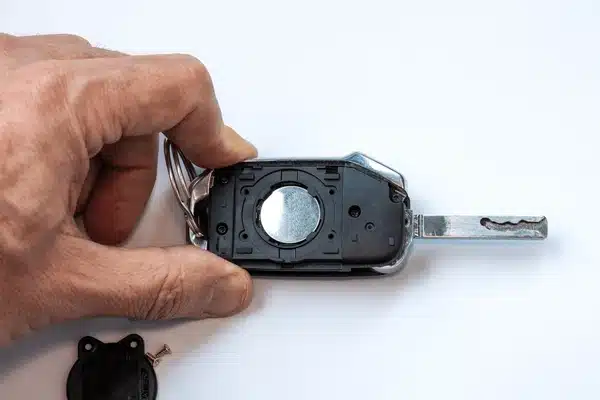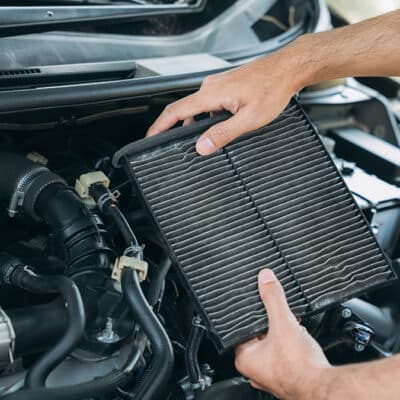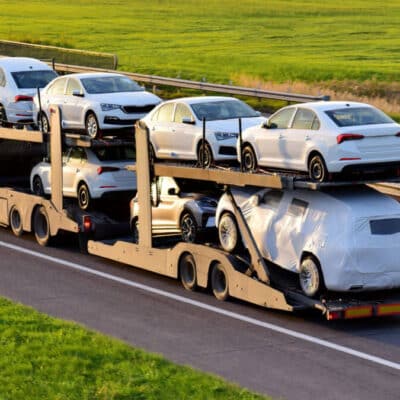Most drivers don’t give much thought to their car keys—until the moment they’re gone.
It might be a rushed morning, with coffee in one hand and a mobile in the other, when you pat your pockets and suddenly realise your keys aren’t where they should be. Or maybe you’re on holiday, hundreds of miles from home, and that little piece of plastic and metal that holds the power to your mobility simply vanishes.
Whatever the situation, the loss of a car key isn’t just frustrating—it’s disruptive. And in today’s world of high-tech vehicles, it can also be surprisingly complicated and expensive.
But what actually happens when you lose your car key? Who do you call? What are your options? And why, in 2025, is replacing a key sometimes harder than replacing the car battery itself?
Let’s take a look behind the curtain of the car key replacement industry in the UK, uncover what really goes on during a key replacement, and discover how modern drivers can avoid being caught off guard.
Modern Cars, Modern Problems
Thirty years ago, losing your car key meant a quick trip to the local locksmith or dealership. Keys were cut in minutes, and you were back on the road before your tea went cold.
But today’s car keys are no longer simple mechanical tools. They’re miniature computers. Many keys are now equipped with transponder chips, rolling codes, remote start functions, and integrated security features. What used to be a £10 inconvenience can now run into the hundreds of pounds—not just in cost, but in time and logistics.
This shift in technology has made vehicles more secure, certainly. But it’s also created a gap in driver knowledge. Many people simply aren’t aware of what their car key does, until they’re forced to replace it.
When the Unthinkable Happens
It starts with a moment of disbelief. “Maybe I dropped it under the seat?” “Did I leave it in the gym locker?” You retrace your steps. You check your bag, your coat, your pockets—again. Then comes the sinking realisation: the key is gone.
From that moment, time matters. Especially if:
- You’re stranded far from home.
- You have no spare key.
- Your car uses keyless entry or push-button start.
- The key has been stolen.
This isn’t just about replacing an object—it’s about regaining control over your vehicle, your day, and sometimes your safety.
Why Replacement Isn’t Straightforward
Here’s the truth most people don’t realise: not all locksmiths can replace modern car keys. In fact, many garages can’t either. That’s because newer keys aren’t just physical—they’re digital. Replacing them requires:
- Specialised key-cutting machinery
- Diagnostic software to communicate with the car’s onboard system
- Knowledge of specific manufacturer protocols
- Security clearance or proof of ownership
Each make and model is different. A 2016 Ford Fiesta requires a completely different approach than a 2022 BMW 5 Series. In some cases, the car must even be reprogrammed to “forget” the missing key—especially if there’s a risk it’s been stolen.
This is why many dealerships quote high prices and long lead times. And it’s also why a growing number of UK drivers are turning to mobile auto locksmiths like Phoenix Car Keys, who specialise in exactly this kind of work—often at your location, and usually faster than the dealer.
What the Process Actually Involves
Let’s lift the bonnet on the process. What really happens when you request a car key replacement?
Verification
The first step is proving you own the vehicle. This protects everyone involved, ensuring stolen vehicles can’t be easily accessed. You’ll usually need to provide:
- A form of ID (like a driving licence)
- Your V5C (logbook) or proof of registration
Key Code Retrieval
Modern cars are coded with a unique digital “signature” that corresponds to your specific key. If you’ve lost the original key, the locksmith or technician may retrieve this code using diagnostic tools or from the manufacturer (with permission).
Key Cutting
If the key includes a mechanical blade (even smart keys often do), a precise cut is made using laser key-cutting equipment. No guesswork—this is done to exact specifications.
Programming
This is where the magic happens. The new key must be paired with your car’s onboard computer, allowing it to:
- Disarm the immobiliser
- Lock/unlock doors
- Start the engine (for smart keys)
This step requires advanced equipment and software, which is why not every garage can perform it.
Testing & Syncing
Once programmed, the key is tested multiple times. Any errors, delays, or communication issues are resolved on-site. A good locksmith will also offer advice on spares, storage, and security.
The Cost of Delay
Waiting too long to replace a lost key can create cascading problems. If you only have one key left and you lose it, your options narrow drastically. In many cases, the entire ECU (Electronic Control Unit) may need to be reset—an expensive and time-consuming job.
That’s why many locksmiths advise getting a spare before the last key disappears. Think of it like a spare tyre. You hope you’ll never need it—but you’ll be thankful you have it when you do.
Not Just Inconvenient—Potentially Dangerous
It’s worth highlighting that key loss isn’t just a nuisance—it can be a security risk. If someone else finds your key and knows your car’s location, the consequences could be serious.
That’s why, in cases of suspected theft, it’s vital to:
- Report the loss to police (especially if personal items were stolen too)
- Inform your insurance provider
Have your car’s locks and system reprogrammed
In some situations, a new key isn’t enough—you need to ensure the old one no longer works. This is something professional locksmiths, such as those at Phoenix Car Keys, can handle on-site.


